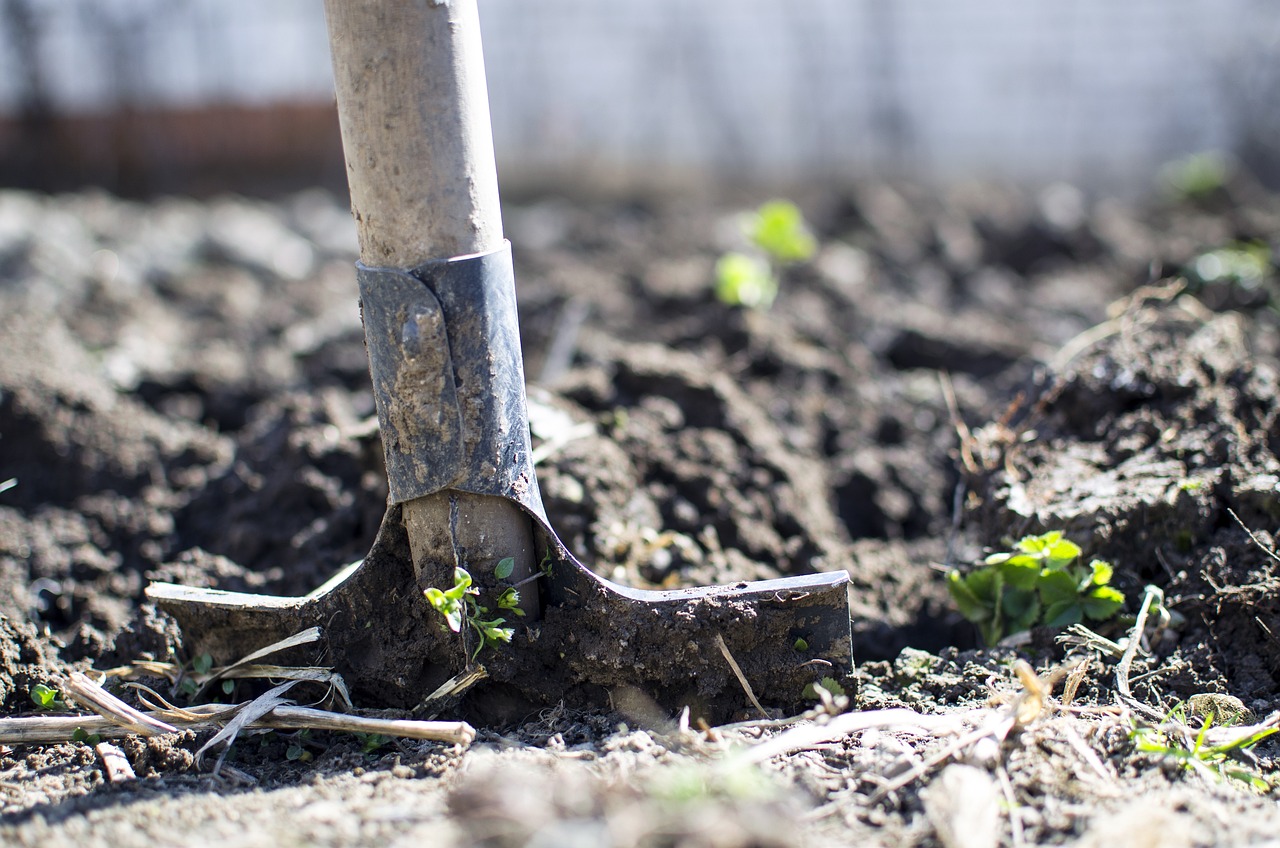As passionate gardeners and landscapers, we understand that cultivating a healthy and thriving garden in Kenner, Louisiana, goes beyond just watering and fertilizing plants. One often overlooked yet critical aspect of gardening is managing soil pH levels, which play a vital role in determining how well your plants absorb essential nutrients and develop.
Soil pH is a measure of the acidity or alkalinity of the soil, with a scale ranging from 0 to 14. A pH value of 7 is considered neutral, while values below 7 indicate acidic soil and those above 7 denote alkaline soil. Various factors can influence soil pH levels, including natural soil composition, rainfall, and the use of acidic or alkaline soil amendments.
In this ultimate guide to soil pH management, we will delve into the intricacies of soil acidity and alkalinity, helping you understand their impact on your garden and explore effective methods to assess and adjust soil pH levels in Kenner, LA. By mastering the art of soil pH management, you’ll elevate the health, growth, and overall success of your plants, creating a truly flourishing garden landscape.
Determining Your Garden’s Soil pH
To manage your garden’s soil pH effectively, you must first accurately determine its current levels. Several methods are available to measure soil pH, with varying degrees of precision and ease of use. These methods include:
1. Soil test kits: These affordable and widely available kits can be purchased at most gardening stores or online. Soil test kits typically require you to mix soil with water and a testing agent, then compare the color change to a reference chart to determine pH levels.
2. Digital pH meters: For a more accurate and convenient option, consider investing in a digital pH meter. These handheld devices provide instant pH readings by inserting the probe directly into the soil.
3. Professional soil testing services: While more expensive than other options, professional soil testing services offer the most precise and comprehensive results. In addition to soil pH, they can analyze nutrient content, organic matter, and other soil health indicators.
Understanding the Impacts of Soil pH on Plant Health
Soil pH significantly influences the availability and absorption of essential nutrients for plants. Depending on the pH level, certain nutrients may become more or less accessible to plants, affecting their growth and health. Some key impacts of soil pH on plant health include:
1. Nutrient availability: For most plants, a slightly acidic to neutral pH range of 6.0 to 7.0 is ideal for optimal nutrient uptake. At these levels, essential nutrients like nitrogen, phosphorus, and potassium are more readily available for absorption. Highly acidic or alkaline soils may cause nutrient deficiencies or toxicities, negatively impacting plant growth.
2. Soil organisms and plant roots: Soil pH also affects the health and activity of microorganisms crucial to maintaining soil fertility. Beneficial soil bacteria and fungi generally thrive in slightly acidic soils. Moreover, highly acidic or alkaline soils can harm plant roots, hindering their ability to absorb water and nutrients.
Techniques for Adjusting Soil pH in Kenner Gardens
If your garden’s soil pH is not within the ideal range for your plants, there are various techniques to adjust it effectively. Keep in mind that adjusting soil pH is a gradual process and may take several months to achieve the desired result. Here are some practical methods for adjusting soil pH:
1. Lowering soil pH (acidifying):
– Organic methods: Use organic amendments such as sulfur, peat moss, composted leaves, or pine needles to lower soil pH gradually. These materials release mild acids as they break down, slowly acidifying the soil.
– Inorganic methods: For faster results, consider using chemical amendments like aluminum sulfate or elemental sulfur, but exercise caution to prevent potential damage to plants or soil organisms.
2. Raising soil pH (sweetening):
– Organic methods: Apply organic materials like compost, well-rotted manure, or wood ash to raise soil pH gradually, improving fertility and soil structure.
– Inorganic methods: The most common method for raising soil pH is applying lime (calcium carbonate, dolomite, or hydrated lime) to the soil. Ensure proper application rates and use caution to avoid harming plants or soil organisms.
Choosing Suitable Plants for Your Soil pH
By understanding your garden’s existing soil pH and the specific pH preferences of different plants, you can create a thriving garden landscape. However, certain plants may still struggle in unfavorable soil pH conditions, so it’s essential to select species that will naturally thrive within your garden’s pH range.
If you plan to grow plants with specific pH preferences, such as acid-loving blueberries or alkaline-tolerant cacti, consider adjusting the soil pH to suit their needs, or grow them in raised beds or containers filled with appropriate soil mixtures.
Cultivating Success in Kenner Gardens with Soil pH Management
Understanding and managing soil pH effectively is crucial to creating a healthy and thriving garden landscape in Kenner, Louisiana. By assessing your garden’s soil pH, identifying its impact on plant health, and taking action to adjust it if necessary, you’ll provide your plants with the most favorable environment for nutrient absorption and optimal growth.
When it comes to soil pH management, partnering with us at Reliable Soil Co. Inc. is the key to your Kenner garden’s success. With our mulch and soil company, you will receive the help you need to navigate the complexities of soil pH, and together, we will create the flourishing garden landscape of your dreams.

